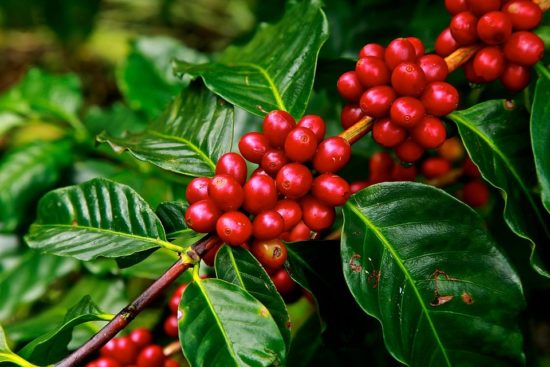IIT Roorkee research finds antibacterial mechanism from plants
“Researchers at the Indian Institute of Technology Roorkee have discovered the antibacterial properties of a natural compound chlorogenic acid, an aromatic compound found in many plant species including coffee. A research team has gained the structural insights into the mechanism of antibacterial properties of the natural compound using state of art technique of X-ray crystallography. The team of scientists, led by Dr. Pravindra Kumar from Department of Biotechnology, Indian Institute of Technology Roorkee, used next-generation X-ray crystallography techniques to look deep into the bacterial metabolic pathways and unravelled the molecular basis of bacterial inhibition caused by chlorogenic acid.
The research shows that the compound targets the bacteria by inhibiting the shikimate pathway, one of the most essential metabolic pathways in bacteria and provides essential aromatic amino acids for its survival. The results from high resolution crystal structure have shown that the compound binds itself in the active site of chorismate mutase, an enzyme which belongs to the shikimate pathway, thereby inhibiting the growth of the bacteria and resulting in its eventual death. The atomic resolution structural snapshot of chlorogenic acid binding with enzyme provides information, which can be used to tweak the chemical structure of chlorogenic acid to make more potent inhibitor. The compound has shown positive activity against different bacterial strains in the laboratory.”
Source: Trinity Mirror
Learn more on AMR? Attend an AMR trainingcourse!



